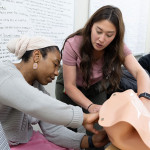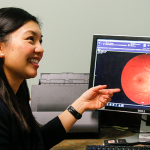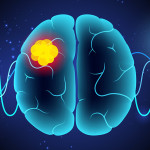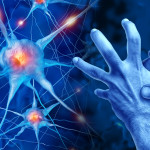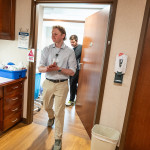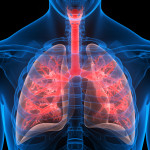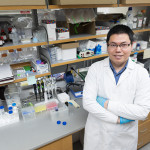Tag School of Medicine and Public Health
Train for the job you want
Outside the classroom, medical students in the School of Medicine and Public Health seize opportunities to gain knowledge and serve.
Scrolling for answers
Hundreds of Wisconsin teens are helping UW researchers study the effects of social media. The findings could be transformative.
A Decade of Discovery: ORCHARDS Concludes After Ten Years of Groundbreaking Research
After 10 years, the Oregon Child Absenteeism Due to Respiratory Disease Study has concluded. UW researchers involved with the study reflect on its impact as one of the most comprehensive and long-running community-based studies of respiratory illness in school-aged children in the US.
Research project aims to measure brain fog as long-term effect of COVID-19
The findings of the study could inform the development of more targeted therapies to combat the effects of brain fog, which include memory loss, attention deficits and fatigue, that can make it hard to complete the tasks of daily life.
Medical students celebrate a star-studded Match Day 2025
Each year, on the third Friday in March, medical students nationwide learn where they have been placed for clinical residency training programs for most specialties. This year's Match Day shined a light on "service," with a little sprinkling of awards show-style.
Dr. Nita Ahuja named dean of UW School of Medicine and Public Health
Ahuja is a cancer-care innovator whose treatment approaches and research have garnered international recognition. She’s also a proven leader and administrator with a track record for bringing multidisciplinary teams together to solve health care challenges.
UW researchers find previously unknown links between microbial bile acids and the risk of colon cancer
A team of UW–Madison scientists have uncovered that bile acids produced by the liver to help digest food may affect our risk for developing colon cancer.
A stealth fungus has decimated North American bats but scientists may be a step closer to treating white-nose syndrome
Scientists have discovered how an invasive fungus that colonizes the skin of hibernating bats gains entry and covertly hijacks cells, taking an important step toward treatment of white-nose syndrome.
UW–Madison leading new research collaboration aimed at treating lung scarring diseases
An interdisciplinary group of researchers will will investigate the biological processes that promote lung scarring. With the aid of artificial intelligence and advanced 3D modeling, they will also develop and refine new imaging techniques and drug delivery systems that could aid in halting its progression.
Search begins for next dean of the School of Medicine and Public Health
A search committee has been appointed to help identify and select candidates to be the next dean of the University of Wisconsin School of Medicine and Public Health and vice chancellor for medical affairs.
Pancreatic cancer is difficult to treat. Nano-drugs hitching a ride on bacteria could help.
Mice treated with the therapeutic-laden bacteria experienced delayed tumor growth and significantly longer survival compared with mice that received other treatments.

